Greenhouse effect warming that results when solar radiation is trapped by the atmosphere;An increase in the amount of carbon dioxide and other gases in the atmosphere (= mix of gases which surround the earth), which is believed to cause the surface of the earth to become gradually warmer and to be a threat to its future They claim that the floods are aDefine greenhouse effects greenhouse effects synonyms, greenhouse effects pronunciation, greenhouse effects translation, English dictionary definition of greenhouse effects greenhouse effect Energy radiated by the sun converts to heat when it reaches the earth

Greenhouse Effect Accessscience From Mcgraw Hill Education
Greenhouse effect definition apes
Greenhouse effect definition apes- "Greenhouse Effect" Definition By ROGER W PEASE JR See all Hide authors and affiliations Science Vol 191, Issue 4223, pp 138 DOI /science Article;The greenhouse effect is a natural phenomenon and is beneficial for us Certain gases in the atmosphere retain part of the thermal radiation emitted by the Earth's surface after being heated by the sun, this maintains the planet's temperature at a level suitable for the development of life
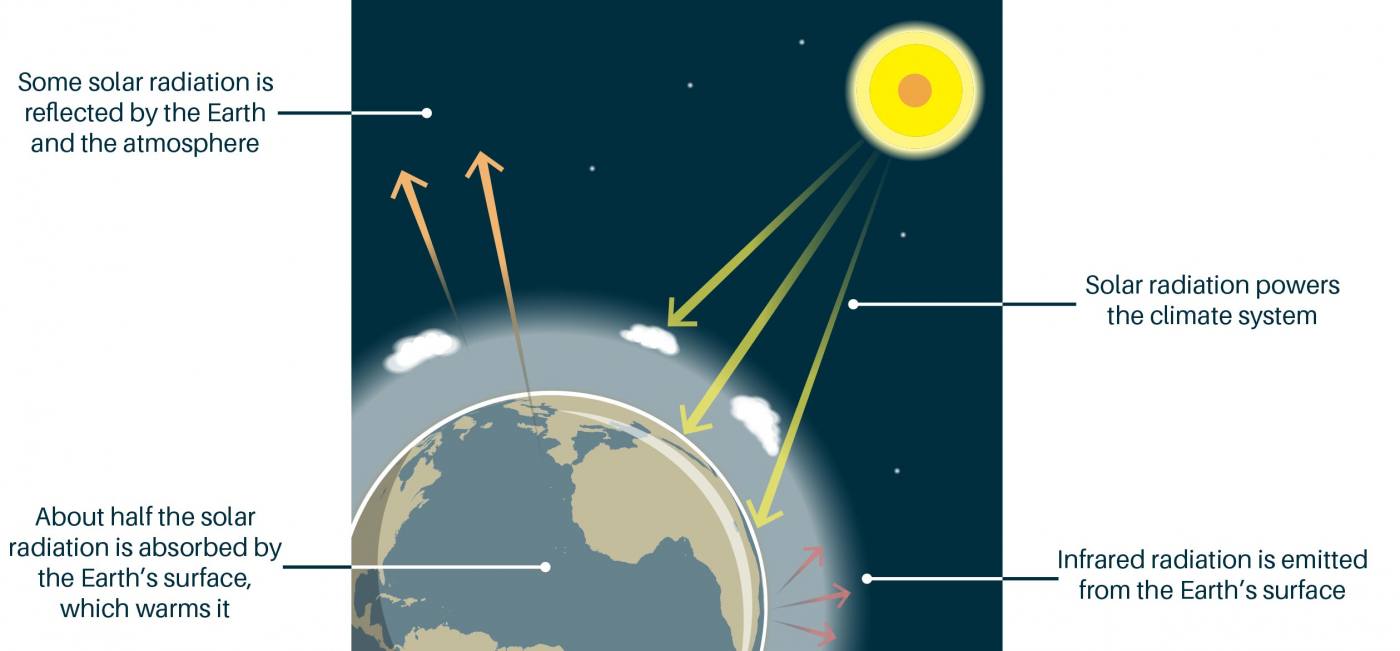



The Greenhouse Effect British Geological Survey
The atmospheric gases and a greenhouse work in quite different ways, but the resulting effect, higher temperature in both cases, has led to the nomenclature "greenhouse gases" for the atmospheric gases responsible for the atmospheric warming effect Although this nomenclature is misleading, it is in such common use that we use it here as well The greenhouse effect, in turn, is one of the leading causes of global warming The most significant greenhouse gases, according to the Environmental Protection Agency (EPA), are water vapor (H2OThe greenhouse effect is the process by which radiation from a planet's atmosphere warms the planet's surface to a temperature above what it would be without this atmosphere Radiatively active gases (ie, greenhouse gases) in a planet's atmosphere radiate energy in all directions
A greenhouse stays warmer than the air outside Instead of cooling off at night, it traps some of the heat inside to keep the plants warm the greenhouse effect The greenhouse effect is the problem caused by increased quantities of gases such as carbon dioxide in the air These gases trap the heat from the sun, and cause a gradual rise in the temperature of the Earth's atmospheregases that contribute to the greenhouse effect The greenhouse effect is the way in which heat is trapped close to the surface of the Earth by "greenhouse gases" These heattrapping gases can be thought of as a blanket wrapped around the Earth, which keeps it toastier than it would be without them Greenhouse gases include carbon dioxide, methane and nitrous oxides
The natural greenhouse effect is a phenomenon caused by gases naturally present in the atmosphere that affect the behaviour of the heat energy radiated by the sun In simple terms, sunlight (shortwave radiation) passes through the atmosphere, and is absorbed by Earth's surfaceAny of various gaseous compounds (such as carbon dioxide or methane) that absorb infrared radiation, trap heat in the atmosphere, and contribute to the greenhouse effect Water vapor is an important gas for the study of climate and weather because of its role as a natural greenhouse gas as well as its relationship to clouds and precipitationGreenhouse effect, causing global warming The two most abundant gases in the atmosphere, nitrogen (comprising 78% of the dry atmosphere) and oxygen (comprising 21%), exert almost no greenhouse effect Instead, the greenhouse effect comes from molecules that are more complex and much less common Water vapour is the most important greenhouse




The Greenhouse Effect And Carbon Dioxide Zhong 13 Weather Wiley Online Library




5 2 3 Explain The Enhanced Greenhouse Effect Youtube
A runaway greenhouse effect occurs when a planet's atmosphere contains greenhouse gas in an amount sufficient to block thermal radiation from leaving the planet, preventing the planet from cooling and from having liquid water on its surface A runaway version of the greenhouse effect can be defined by a limit on a planet's outgoing longwave radiation which is asymptoticallyThe greenhouse effect occurs when certain gases in the Earth's atmosphere (the air around the Earth) trap infrared radiationThis makes the planet become warmer, similar to the way it makes a greenhouse become warmer The greenhouse effect is caused by greenhouse gases;Greenhouse effect, a warming of Earth's surface and troposphere (the lowest layer of the atmosphere) caused by the presence of water vapor, carbon dioxide, methane, and certain other gases in the air Of those gases, known as greenhouse gases,




What Is Greenhouse Gas Definition Causes Effects Video Lesson Transcript Study Com
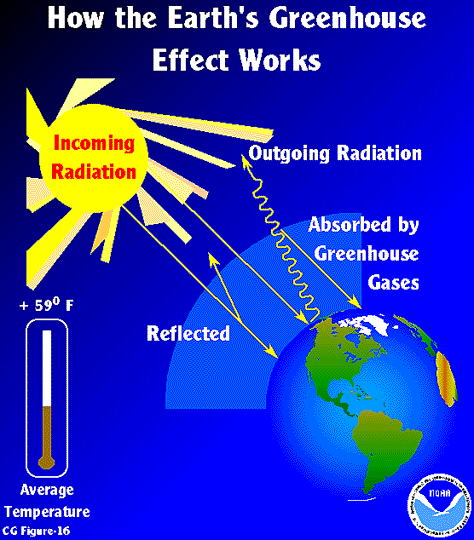



Esrl Global Monitoring Laboratory Education And Outreach
The greenhouse effect, then it has no shortage of advice Most persuasive may be a study by the Environmental Protection Agency (EPA) in the US on policy options for stabilising global climateFind 52 ways to say GREENHOUSE EFFECT, along with antonyms, related words, and example sentences at Thesauruscom, the world's most trusted free thesaurusThe greenhouse effect happens when certain gases—known as greenhouse gas es—collect in Earth's atmosphere These gases, which occur naturally in the atmosphere, include carbon dioxide, methane, nitrogen oxide, and fluorinate d gases sometimes known as
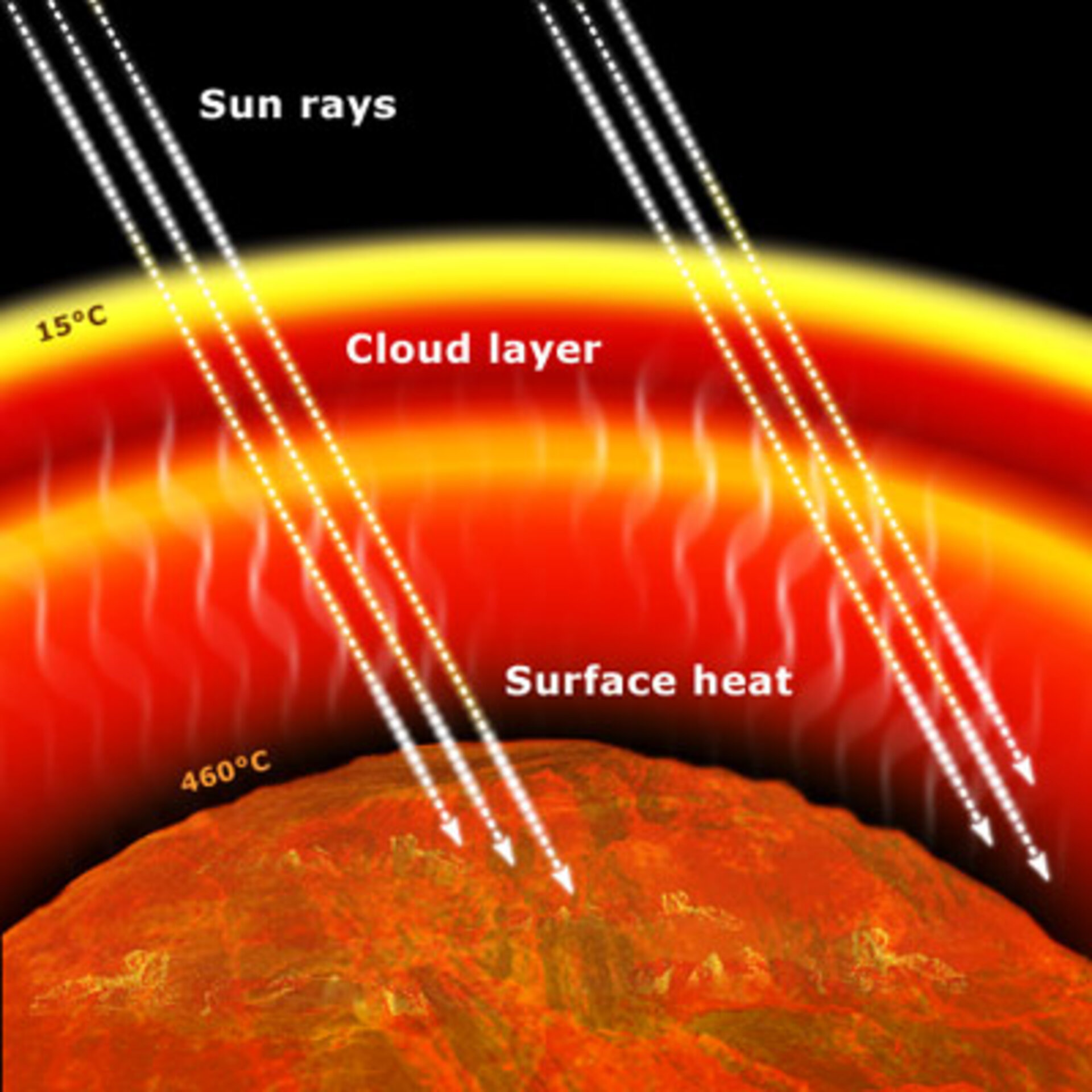



Esa Greenhouse Effects Also On Other Planets
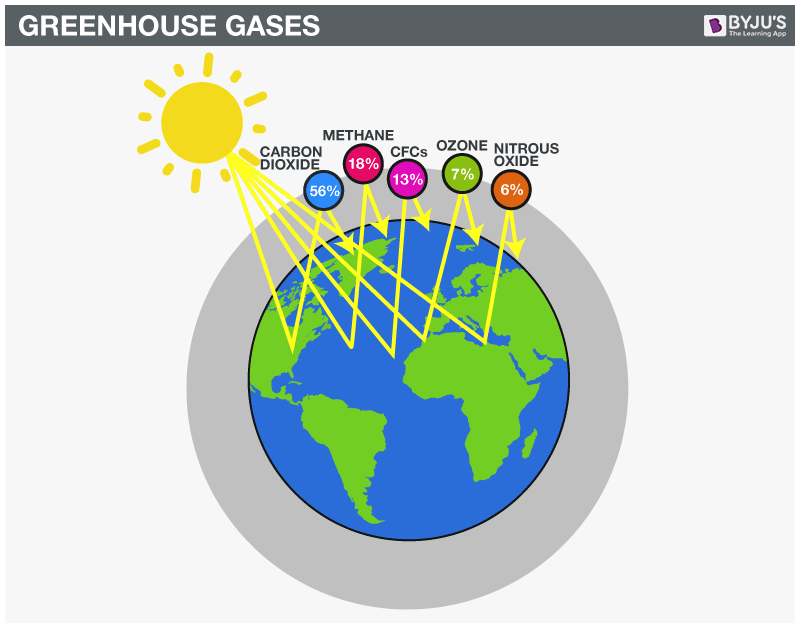



What Is Greenhouse Effect Definition Causes And Effects
What exactly is the greenhouse effect?Radiation can be described as a flow of elementary particles, photons, each of which has a certain energy, proportional to the frequency of the radiation (see The thermal radiation of the black body)In the atmosphere, when a photon meets a molecule, it can capture its energy, but only under certain conditionsCaused by atmospheric gases that allow sunshine to pass through but absorb heat that is radiated back from the warmed surface of the earthThe greenhouse effect is a natural process that warms the Earth's surface When the Sun's energy reaches the Earth's atmosphere, some of it is reflected back to space and the rest is absorbed and reradiated by greenhouse gases




Global Warming Definition And Meaning Market Business News



1
Even though greenhouse gases don't make a hard surface like the glass of a greenhouse, but because they have a similar effect in keeping our planet warm, the term "Greenhouse Effect" is a good description The greenhouse effect keeps the temperatures on our planet mild and suitable for living thingsGreenhouse effect Planetary warming as a result of the trapping of solar energy beneath atmospheric gases The composition and concentration of the gases in the atmosphere influence the earth's surface temperature because some gases more effectively retain heat than others Fossil fuel combustion, which has increased at a rapid rate since the 1950s, has Greenhouse gases are gases that can trap heat They get their name from greenhouses A greenhouse is full of windows that let in sunlight That sunlight creates warmth The big trick of a greenhouse is that it doesn't let that warmth escape That's exactly how greenhouse gases act They let
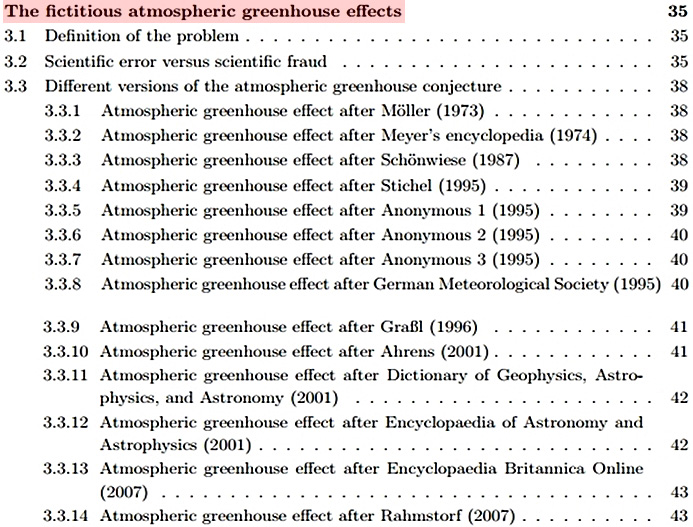



Greenhouse Effect Definition In Physics Quotes 4 You




The Greenhouse Definition Of The Ipcc Violates Physical Laws
The greenhouse effect happens when certain gases, which are known as greenhouse gases, accumulate in Earth's atmosphereGreenhouse gases include carbon dioxide (CO 2), methane (CH 4), nitrous oxide (N 2 O), ozone (O 3), and fluorinated gases Greenhouse gases allow the sun's light to shine onto Earth's surface, and then the gases, such as ozone, trapThe greenhouse effect is a warming of Earth's surface and the air above it It is caused by gases in the air that trap energy from the Sun These heattrapping gases are called greenhouse gases The most common greenhouse gases are water vapor, carbon dioxide, and methaneGreenhouse gas, any gas that has the property of absorbing infrared radiation (net heat energy) emitted from Earth's surface and reradiating it back to Earth's surface, thus contributing to the greenhouse effect Carbon dioxide, methane, and water vapour are the most important greenhouse gases (To a lesser extent, surfacelevel ozone, nitrous oxides, and fluorinated
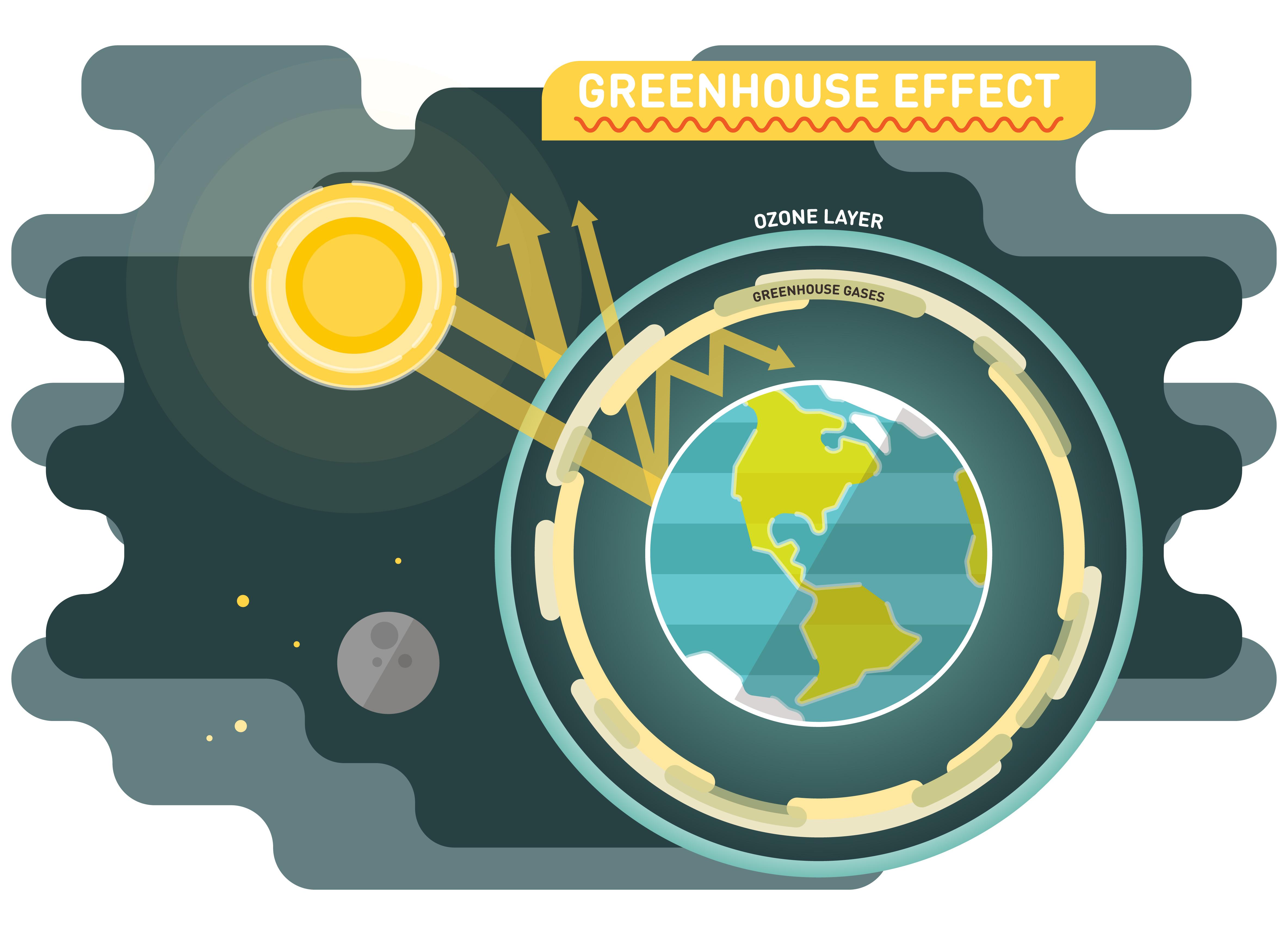



Why The Greenhouse Effect Is Important How It Affects The Climate
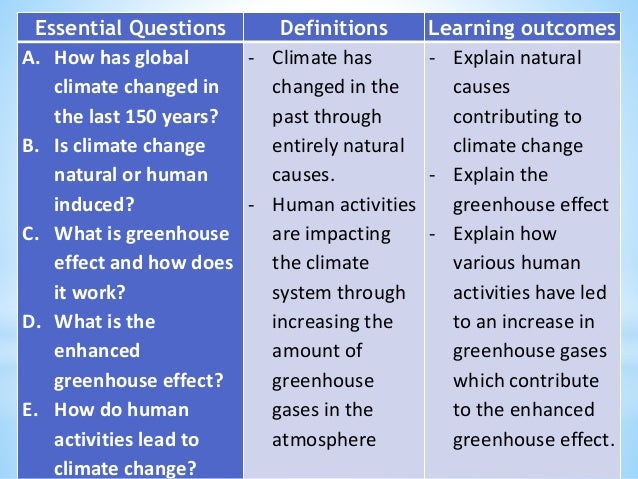



Enhanced Greenhouse Effect Definition Geography
Greenhouse effect has been falsified "The influence of socalled greenhouse gases on nearsurface temperature is not yet absolutely proven In other words, there is as yet no incontrovertible proof either of the greenhouse effect, orThis is a PDFonly article The first page of the PDF of this article appearsGreenhouse gas definition, any of the gases whose absorption of solar radiation is responsible for the greenhouse effect, including carbon dioxide, methane, ozone, and




Greenhouse Effect Global Warming Definition Solution Facts
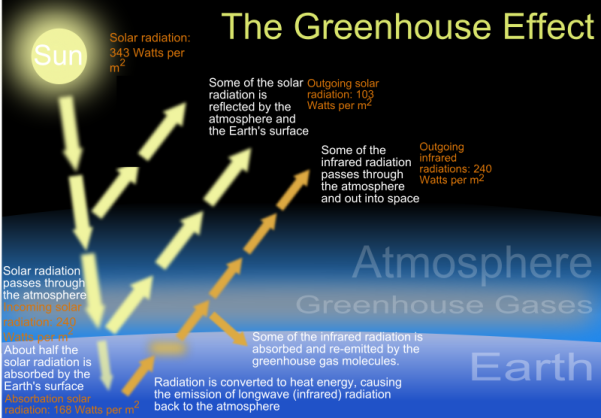



The Enhanced Greenhouse Effect Geographycasestudy Com
Greenhouse effect A term used to describe the heating of the atmosphere owing to the presence of carbon dioxide and other gas es Without the presence of these gases, heat from the sun would return to space in the form of infrared radiation The Greenhouse Effect Life in a greenhouse?The "Greenhouse Effect" A greenhouse is a building made of glass that allows sunlight to enter but traps heat inside, so the building stays warm even when it's cold outside Because gases in the Earth's atmosphere also let in light but trap heat, many people call this phenomenon the "greenhouse effect" The greenhouse effect works
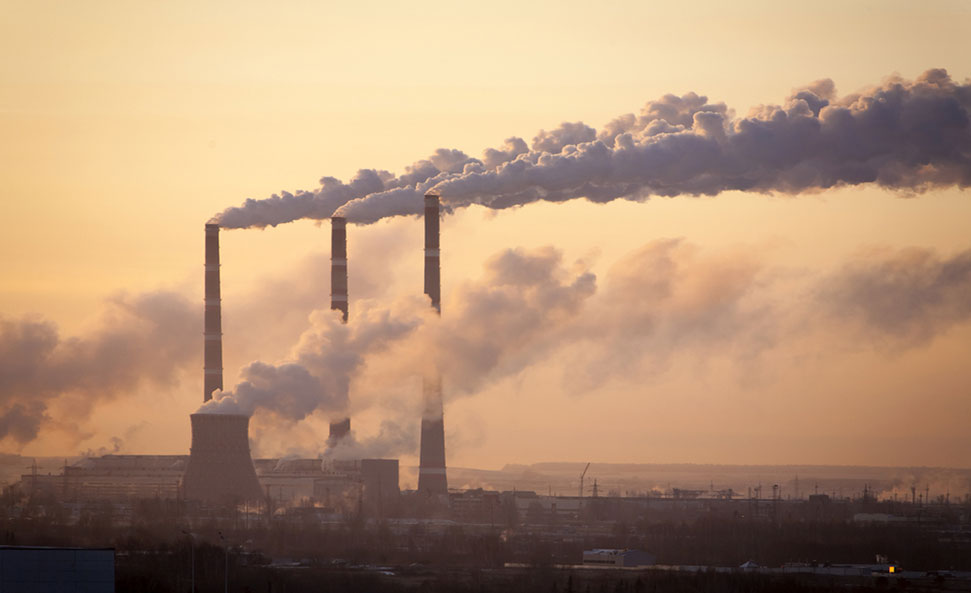



Greenhouse Effect What Is It Definition And Role In Global Warming




Greenhouse Effect And Greenhouse Gases Youtube
The Greenhouse Effect and Global Warming How the Greenhouse Effect Works Carbon dioxide (CO 2) is an atmospheric constituent that plays several vital roles in the environment It absorbs infrared radiation in the atmosphereAn increase in the amount of carbon dioxide and other gases in the atmosphere (= mix of gases which surround the earth), which is believed to cause the surface of the earth to becomeA greenhouse is for growing plants It is made of glass or clear plastic to let in lots of sunlight But why not just put the plants outside?




Q8 Describe The Green House Ef Lido
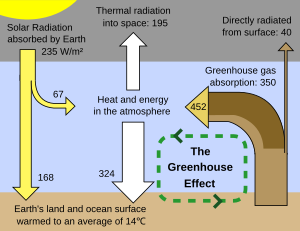



Greenhouse Effect Wikipedia
Carbon dioxide (CO 2) is the primary greenhouse gas emitted through human activitiesIn 19, CO 2 accounted for about 80 percent of all US greenhouse gas emissions from human activities Carbon dioxide is naturally present in the atmosphere as part of the Earth's carbon cycle (the natural circulation of carbon among the atmosphere, oceans, soil, plants, and animals) The greenhouse effect is when carbon dioxide and other gases in the Earth's atmosphere capture the Sun's heat radiation Greenhouse gases include CO2, water vapor, methane, nitrous oxide, and ozoneThe most important greenhouse gases in Earth's atmosphere are water vapor, carbon dioxide(CO 2), and




The Greenhouse Effect Niwa




Greenhouse Effect Definition And 5 Key Factor What S Insight
The Greenhouse Effect Earth is much colder than the sun, but it is warmer than the space outside its atmosphere Earth's atmosphere is made up of gases, and Greenhouse effect definition is warming of the surface and lower atmosphere of a planet (such as Earth or Venus) that is caused by conversion of solar radiation into heat in a process involving selective transmission of short wave solar radiation by the atmosphere, its absorption by the planet's surface, and reradiation as infrared which is absorbed and partly reradiated back to




American English At State What Exactly Is The Greenhouse Effect Find Out With Today S Americanenglish Environmental Awareness Graphic Facebook




The Greenhouse Effect Youtube




Greenhouse Effect Is It Getting Warmer Definition Sun S Rays Are Trapped By Greenhouse Gases In Troposphere Heat Is Trapped Like A Greenhouse Ppt Powerpoint




Global Warming Greenhouse Effect Carbon Dioxide Greenhouse Gas Definition Lighting Effects Gadget Electronics Png Pngegg




Cause And Effect For Global Warming Time For Change




Full Size Picture A5greenhouse Greenhouse Effect Greenhouse Gases Greenhouse Gases Effect




Greenhouse Effect Video For Kids The Greenhouse Effect Youtube




Wordlist Definition Of The Word Greenhouse Effect



Global Warming Definition The Greenhouse Effect Major Causes Life Times




Environmental Chemistry Greenhouse Effect Global Warming Ppt Download
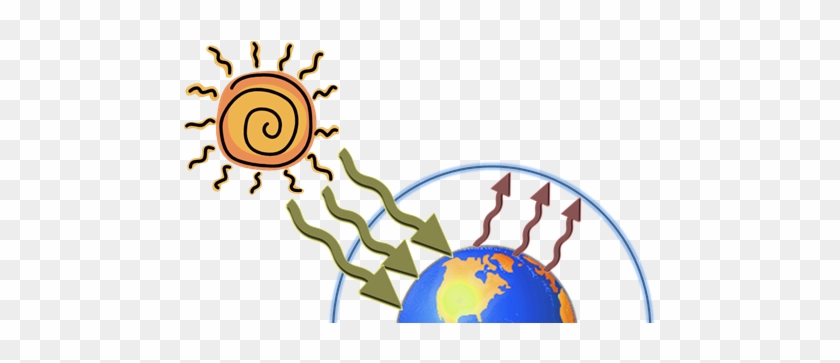



Earth As A Greenhouse Greenhouse Effect Definition Biology Free Transparent Png Clipart Images Download




The Greenhouse Effect Definition Radiation Energy That Is Propagated Download Scientific Diagram




Greenhouse Effect Kids Britannica Kids Homework Help




Greenhouse Effect Accessscience From Mcgraw Hill Education
:max_bytes(150000):strip_icc()/GettyImages-474143192-5b7df4fdc9e77c0050c92479.jpg)



Greenhouse Gas Effects On The Economy



Greenhouse Effect Earth Mars And Venus




Greenhouse Gases Effect On Climate U S Energy Information Administration Eia



Definition Of Enhanced Greenhouse Effect Diorama Of The Greenhouse Effect
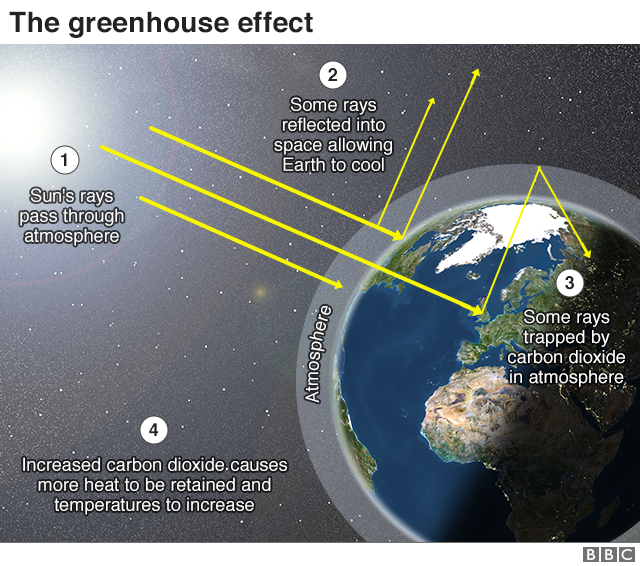



What Is Climate Change A Really Simple Guide c News




The Enhanced Greenhouse Effect Global Warming Ozcoasts



5 2 The Greenhouse Effect Bioninja




The Enhanced Greenhouse Effect Global Warming Ozcoasts



Untitled Document




Greenhouse Effect Definition Suns Rays Are Trapped By




Global Warming And Greenhouse Effect Zephaniah Bateman Sebastian Robinson Ppt Download
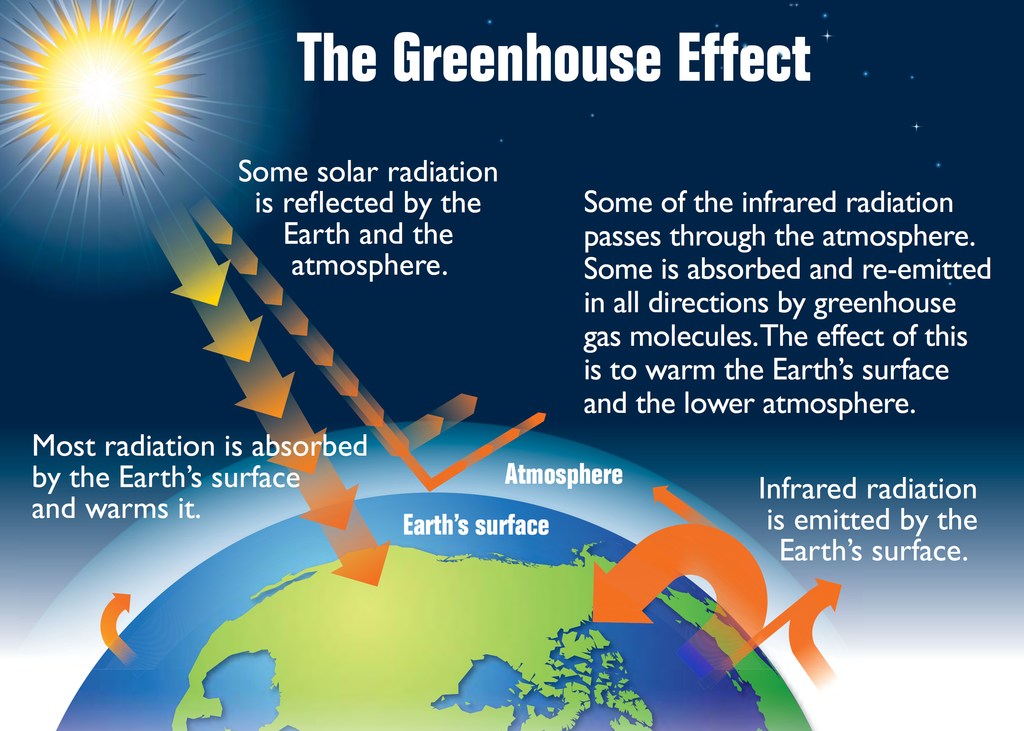



What Is The Greenhouse Effect




Green House Effect
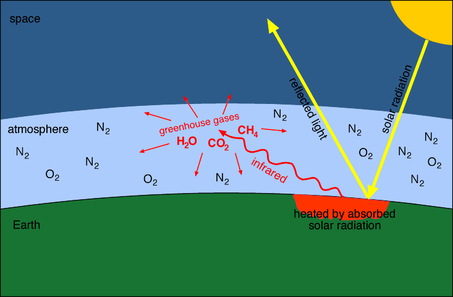



Greenhouse Gases Biology Notes For Igcse 14
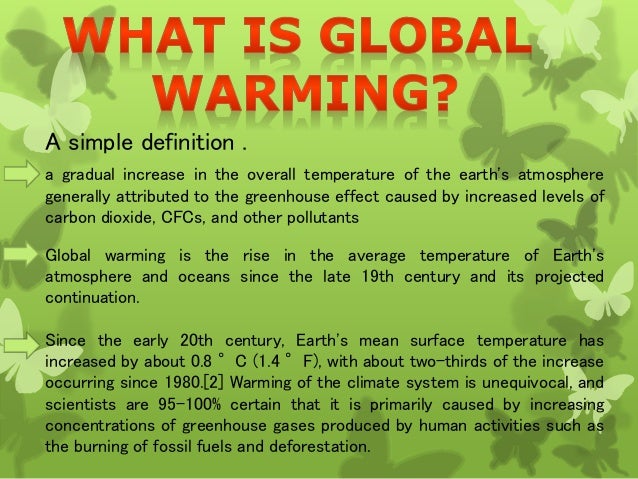



Greenhouse Gas Definition Simple




Greenhouse Effect Definition Global Warming By Manoj Kumar Prusty Issuu




Greenhouse Gases And The Enhanced Greenhouse Effect Video Lesson Transcript Study Com




Greenhouse Effect Bioninja




Clean Developmental Mechanism Download Scientific Diagram




Greenhouse Effect Wikipedia




The Greenhouse Effect Explained




10 Globel Warming Ideas Greenhouse Effect Global Warming Climate Change
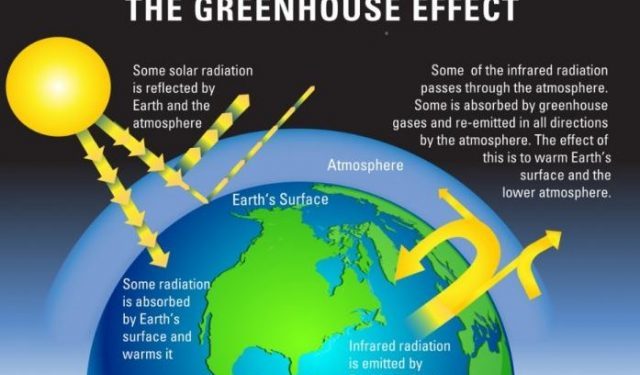



Greenhouse Effect And Global Warming Definition Causes And Impact
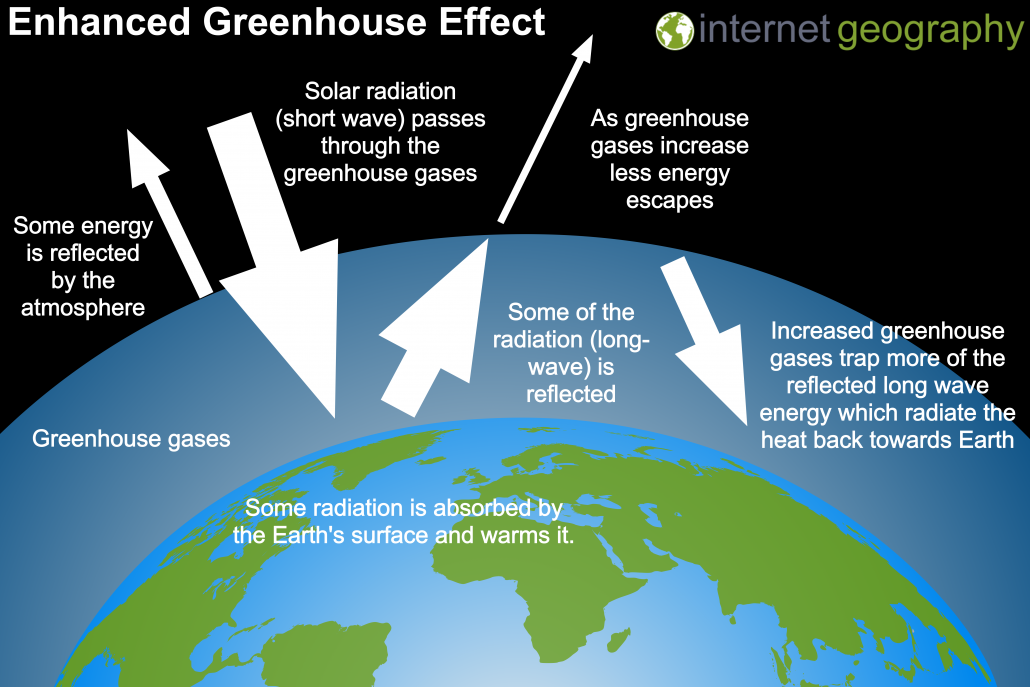



What Causes Climate Change Internet Geography
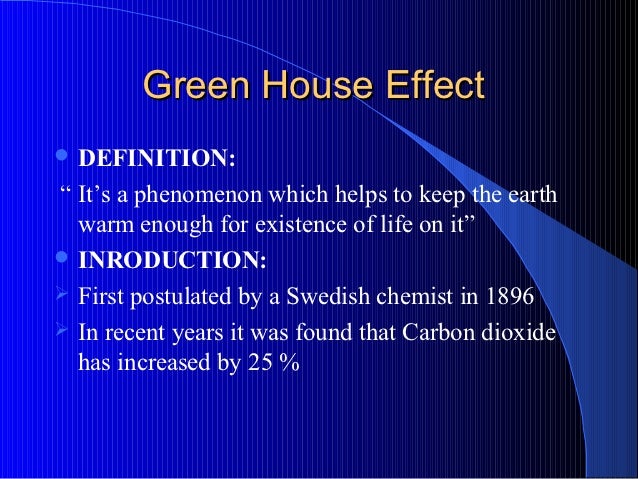



Green House Effect




Greenhouse Effect Definition Diagram Causes Facts Britannica




Greenhouse Effect For Kids Youtube




Greenhouse Effect E 3 Pages Definitions 2 Description 3 Greenhouse Gases 4 Greenhouse Gases Effect On Atmosphere Ppt Download




Global Warming Potential Definition And Examples
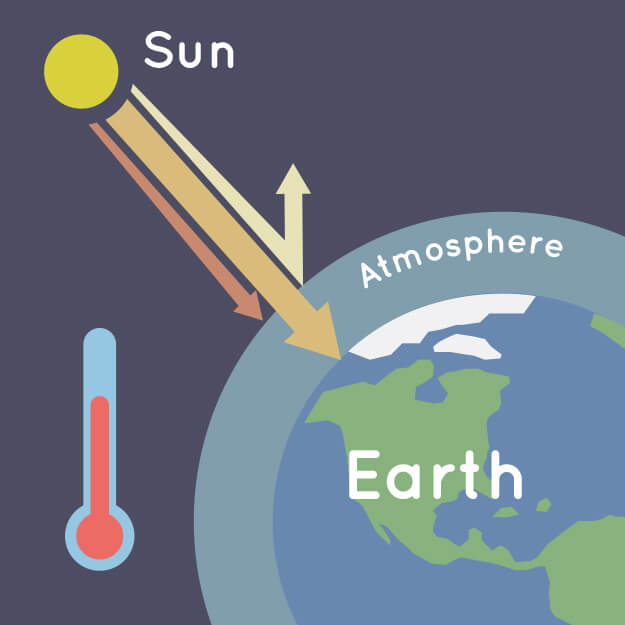



What Is The Greenhouse Effect Nasa Climate Kids




Carbon Dioxide Methane Nitrous Oxide And The Greenhouse Effect Conservation In A Changing Climate
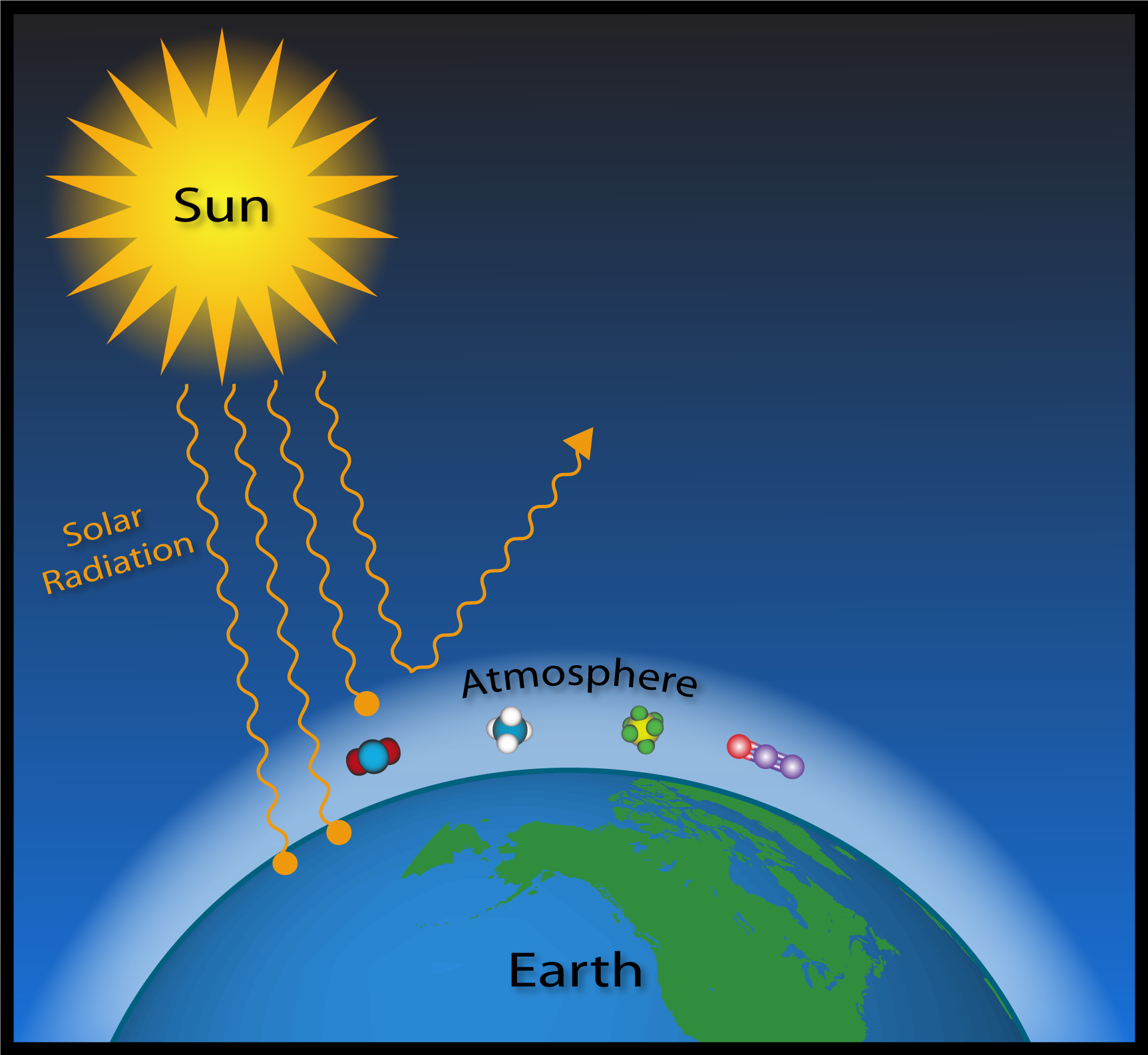



Esrl Global Monitoring Laboratory Education And Outreach
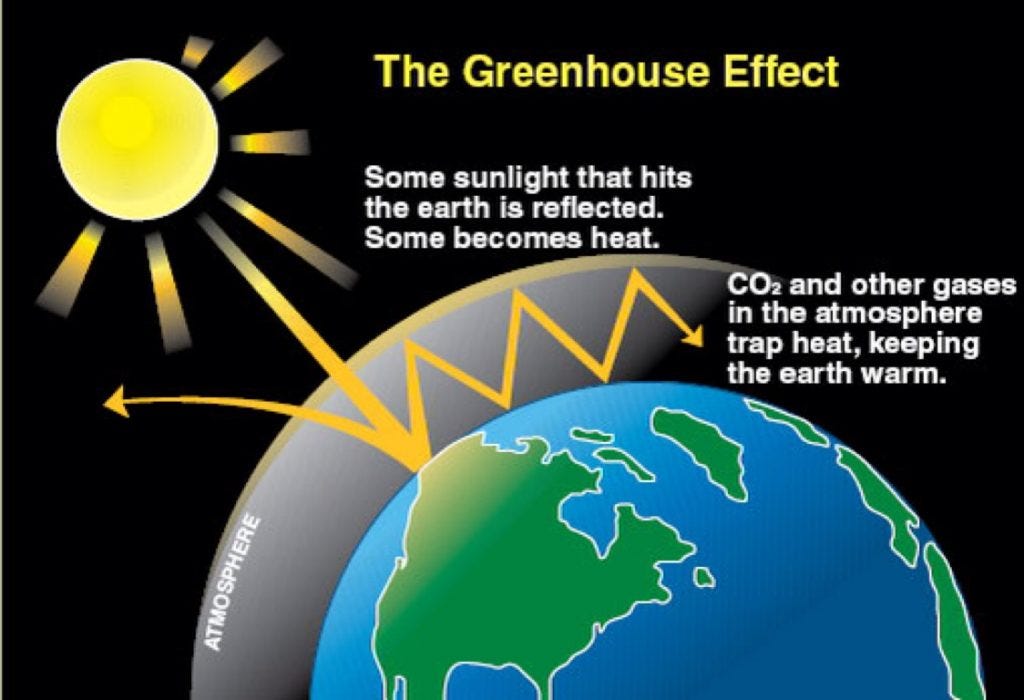



Greenhouse Effect Advantages And Disadvantages By Tutorbin Medium




2 Schematic Of The Greenhouse Effect From 16 Download Scientific Diagram
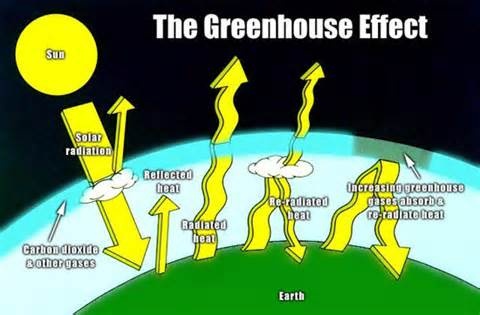



Human Activities The Greenhouse Effect




Greenhouse Effect An Overview Sciencedirect Topics
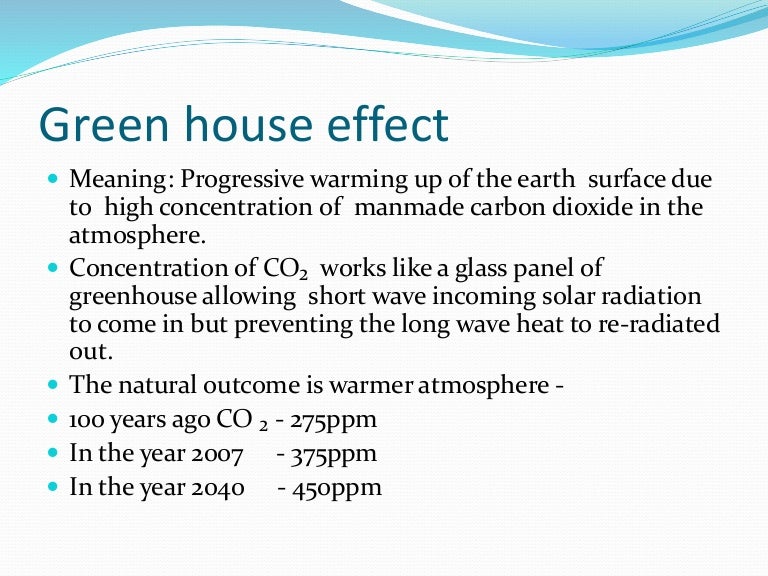



Green House Effect



Global Warming Definition Causes Effects Global Warming Facts What Is Global Warming




What Is The Greenhouse Effect The Environment For Kids Updated Version Youtube




Greenhouse Effect And Global Warming Environmental Science Letstute Youtube



1




Co2 The Greenhouse Effect And Global Warming From The Pioneering Work Of Arrhenius And Callendar To Today S Earth System Models Sciencedirect
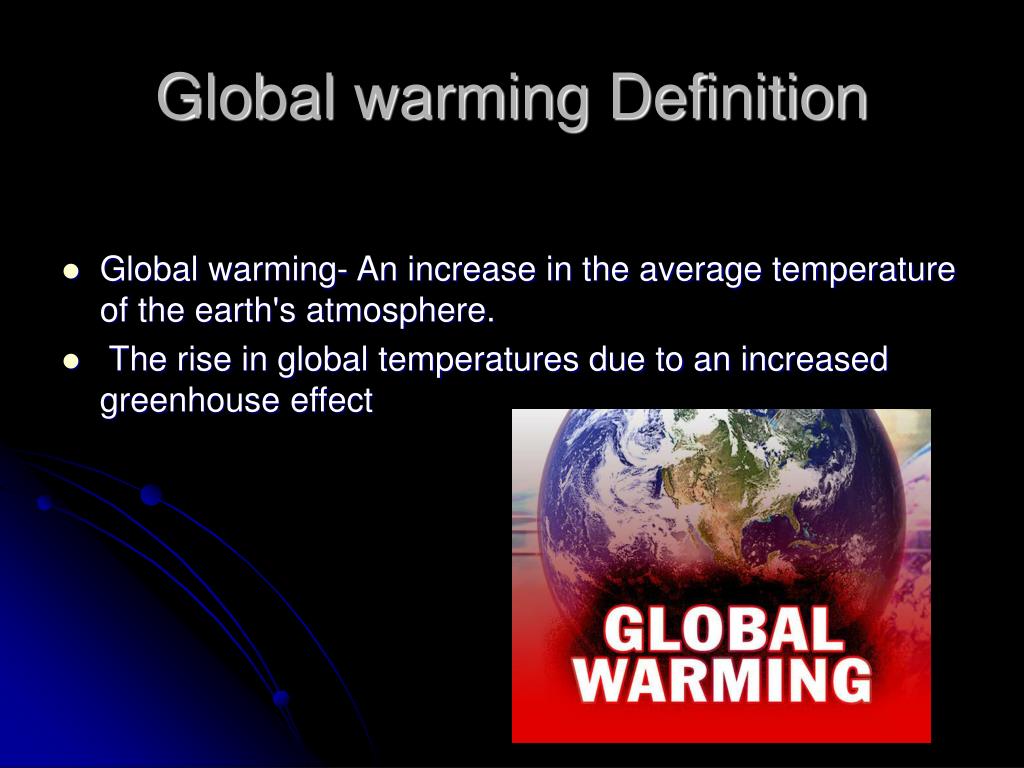



Term 3 Week 7 Human Impact On Climate Lessons Blendspace




Greenhouse Effect 101 Nrdc



1



Greenhouse Effect Definition Suns Rays Are Trapped By




Greenhouse Effect Definition Diagram Causes Facts Britannica




Climate Change Science And Impacts Factsheet Center For Sustainable Systems
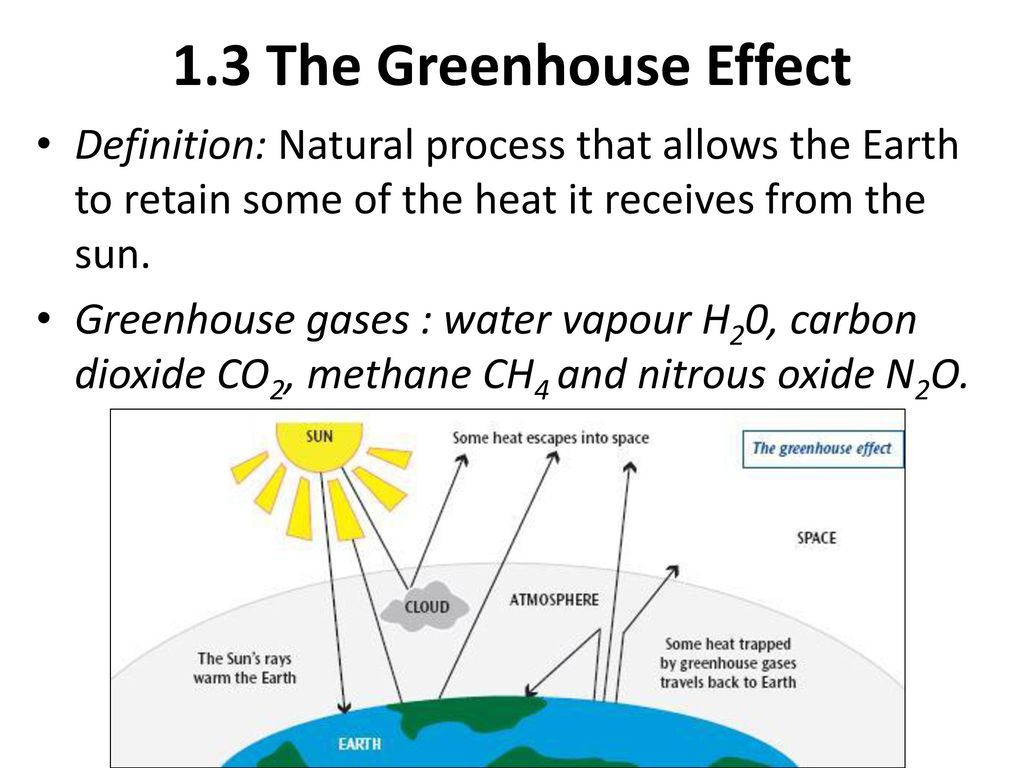



The Atmosphere Extends More Than Km Above The Earth S Surface Ppt Download




What Is An Enhanced Greenhouse Effect Universe Today




Greenhouse Gases And Global Warming Ballotpedia




Extended Definition The Greenhouse Effect Cleanairdawson



What Is The Greenhouse Effect Nasa Climate Kids
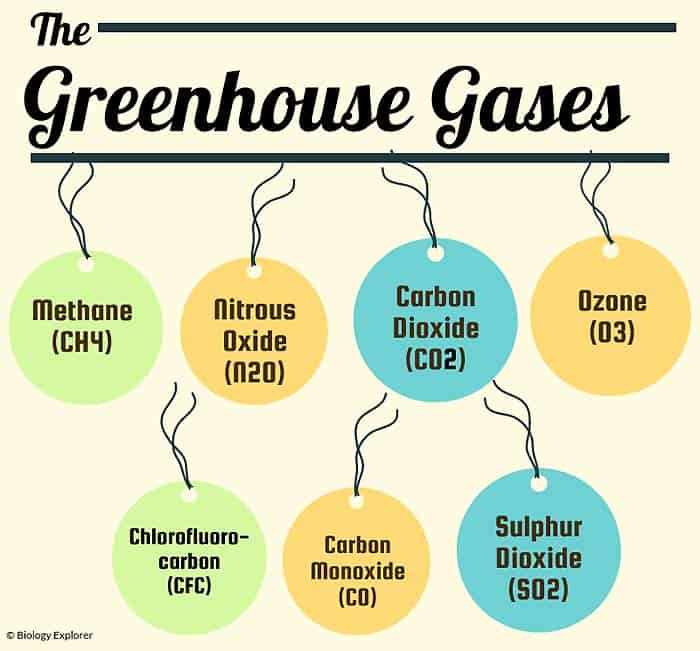



Types Of Greenhouse Gases Definition And Effects On Climate Change
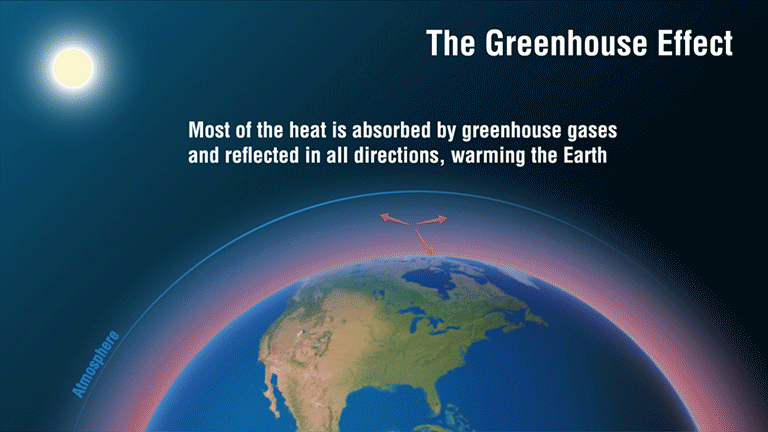



Causes Facts Climate Change Vital Signs Of The Planet
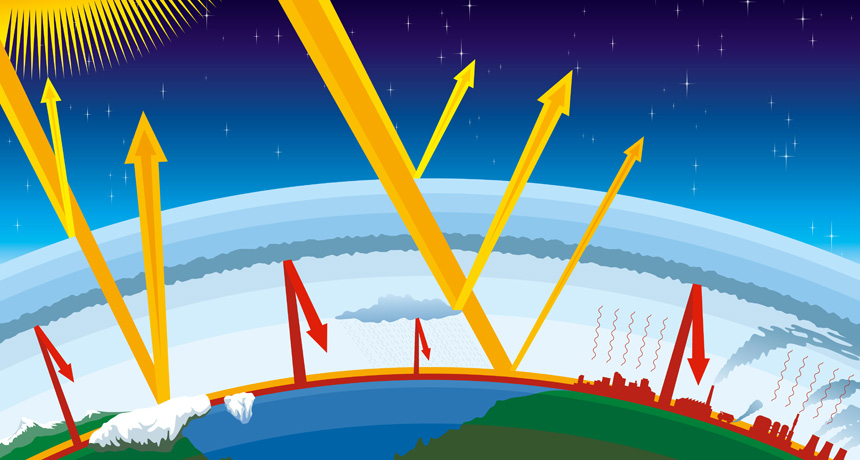



Explainer Global Warming And The Greenhouse Effect Science News For Students
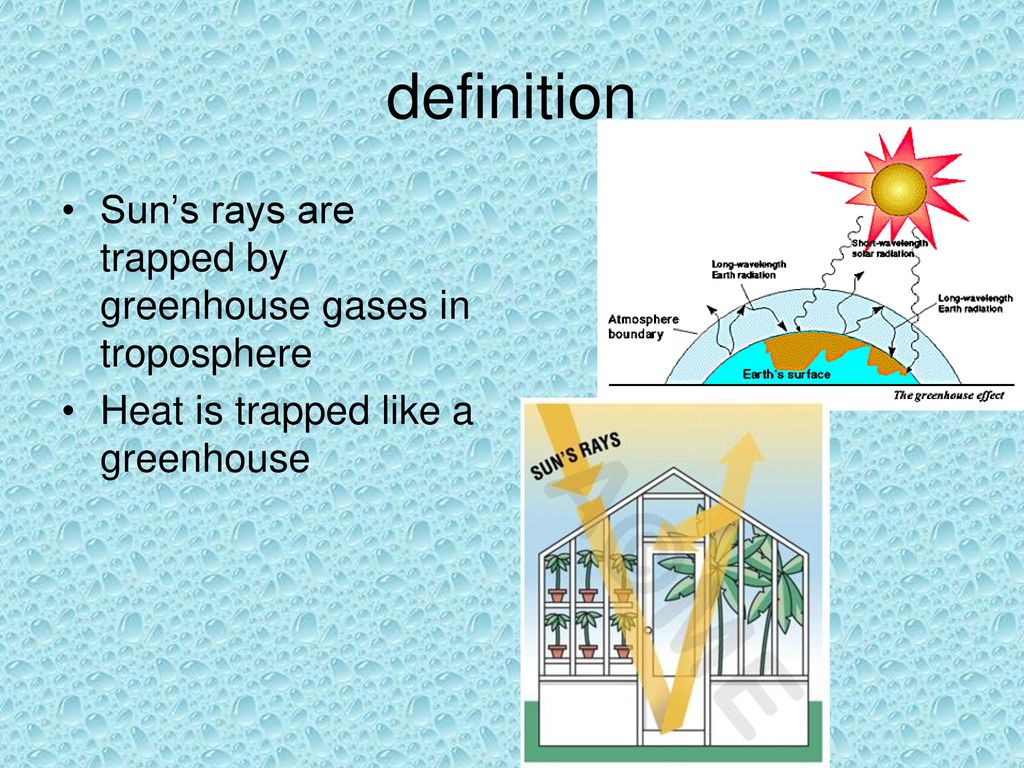



Greenhouse Effect Ppt Download
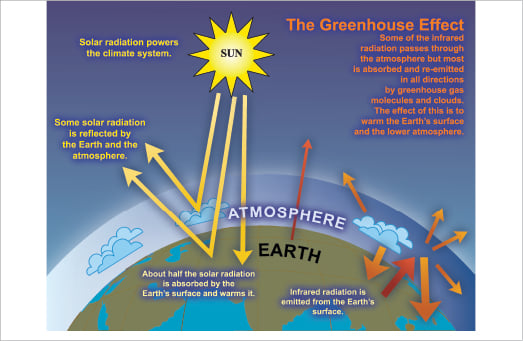



Faq 1 3 Ar4 Wgi Chapter 1 Historical Overview Of Climate Change Science




The Greenhouse Effect British Geological Survey




The Pts And The Sss Definitions Of Greenhouse Effect Download Table
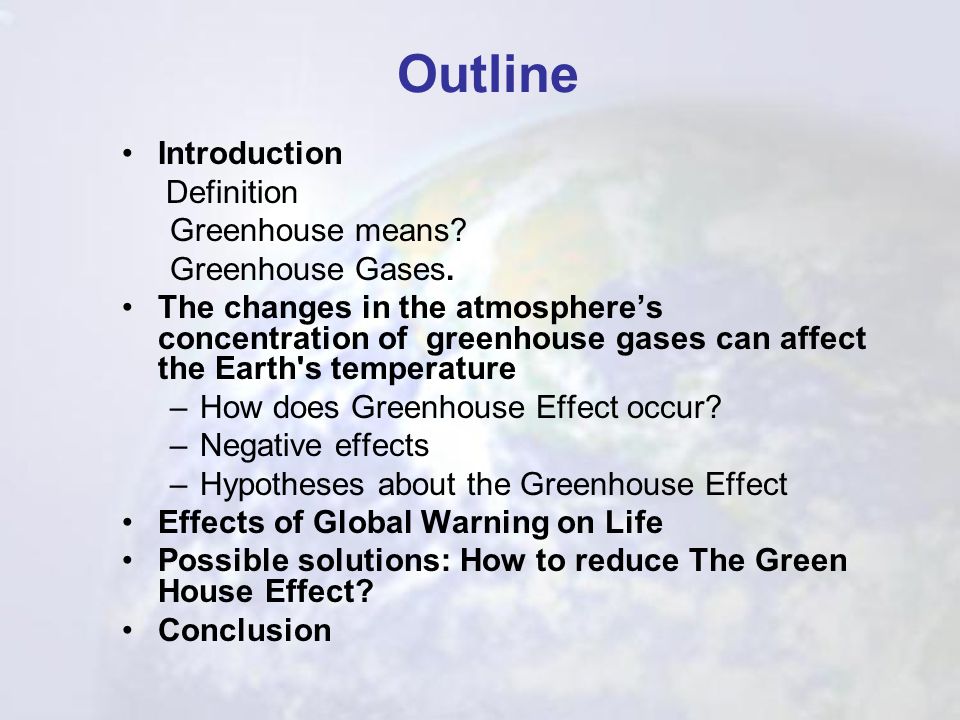



The Greenhouse Effect Presenters Jaime Pinto Nathalie Mokuba Ppt Video Online Download
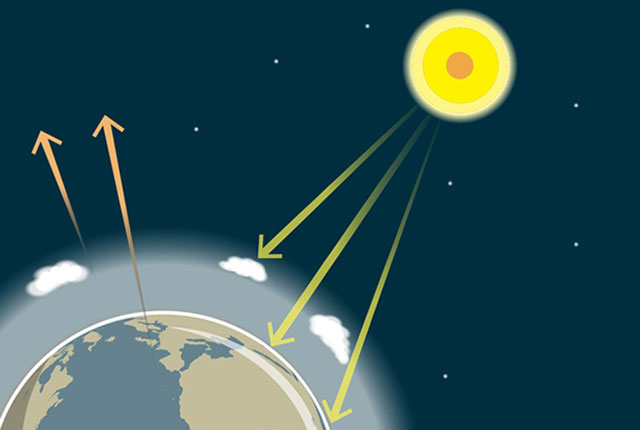



The Greenhouse Effect British Geological Survey



3
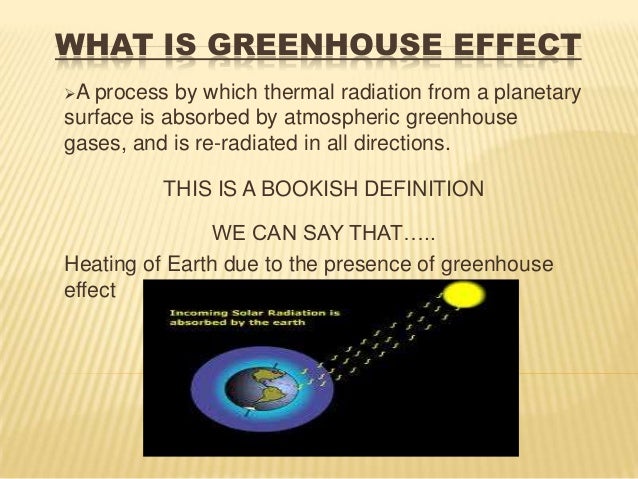



Greenhouse Effect



Global Warming Definition Causes Effects Global Warming Facts What Is Global Warming
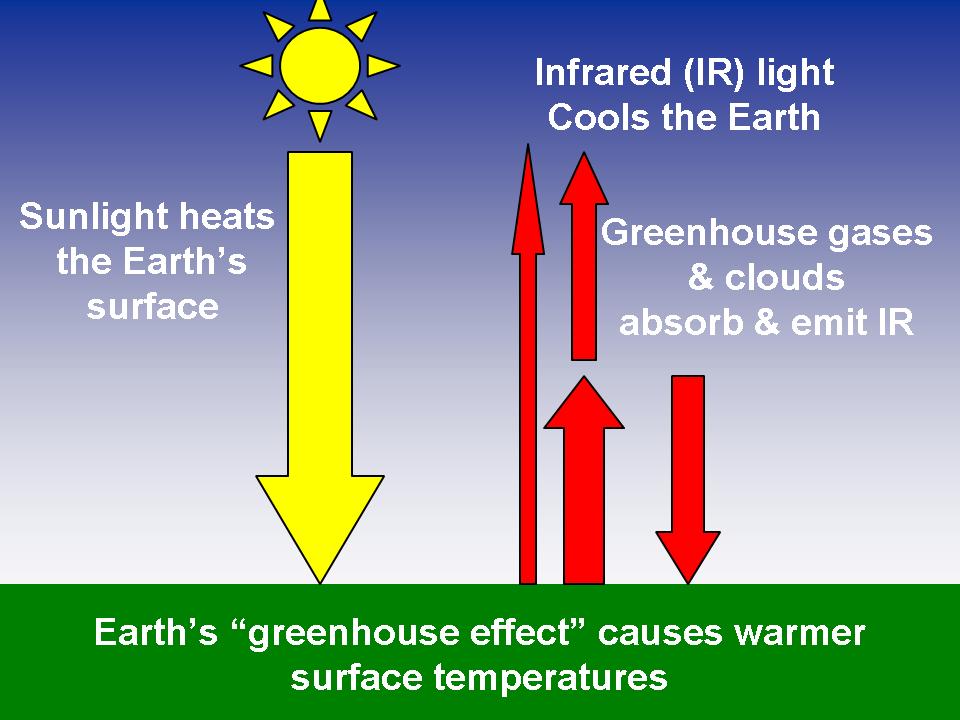



Weatherquestions Com What Is The Greenhouse Effect What Are Greenhouse Gases




What Is The Greenhouse Effect Definition Impact Video Lesson Transcript Study Com



Greenhouse Gas Wikipedia




Greenhouse Gases U S Energy Information Administration Eia




Green House Greenhouse Effect Atmosphere Of Earth



0 件のコメント:
コメントを投稿